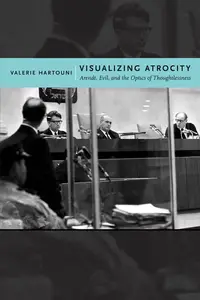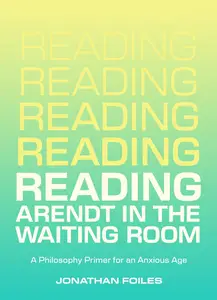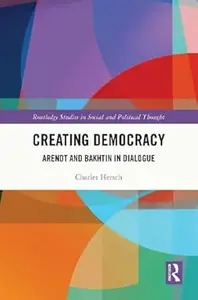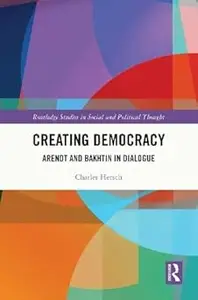 Free Download Visualizing Atrocity: Arendt, Evil, and the Optics of Thoughtlessness (Critical Cultural Communication) by Valerie Hartouni
Free Download Visualizing Atrocity: Arendt, Evil, and the Optics of Thoughtlessness (Critical Cultural Communication) by Valerie Hartouni
English | August 20, 2012 | ISBN: 0814738494, 0814769764 | True EPUB | 205 pages | 3.3 MB
Visualizing Atrocity takes Hannah Arendt’s provocative and polarizing account of the 1961 trial of Nazi official Adolf Eichmann as its point of departure for reassessing some of the serviceable myths that have come to shape and limit our understanding both of the Nazi genocide and totalitarianism’s broader, constitutive, and recurrent features. These myths are inextricably tied to and reinforced viscerally by the atrocity imagery that emerged with the liberation of the concentration camps at the war’s end and played an especially important, evidentiary role in the postwar trials of perpetrators.
(more…)










